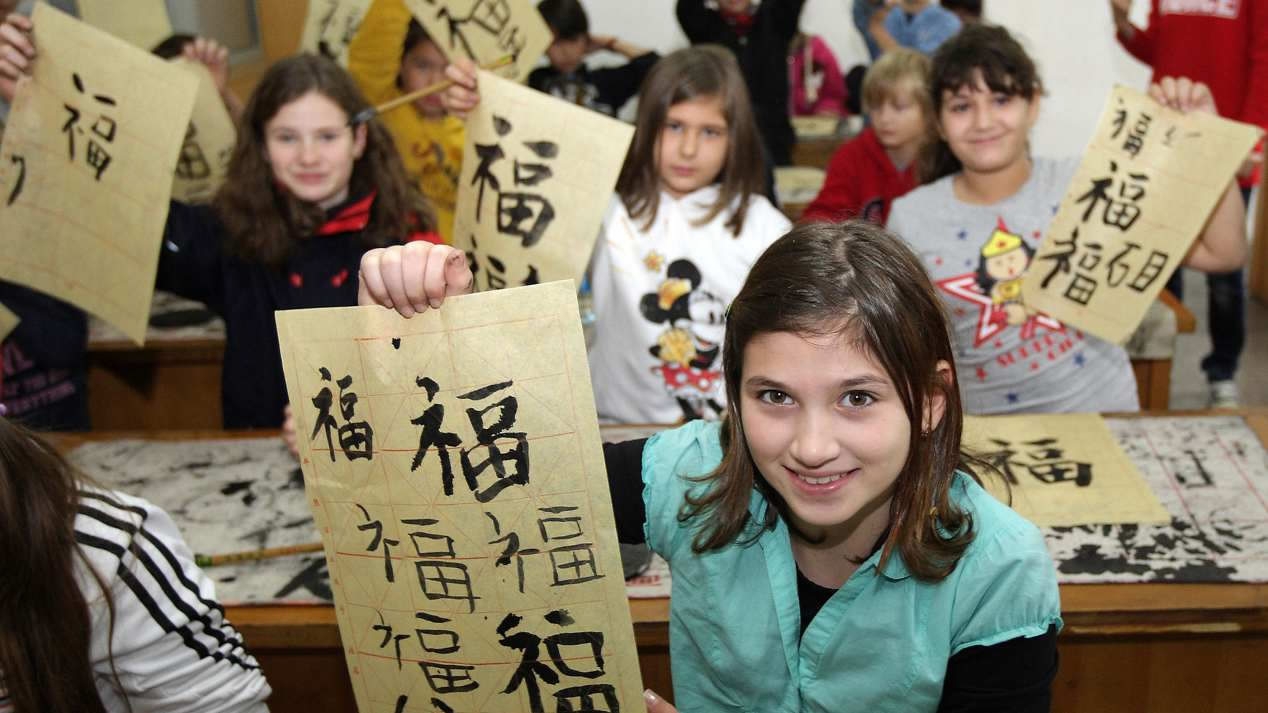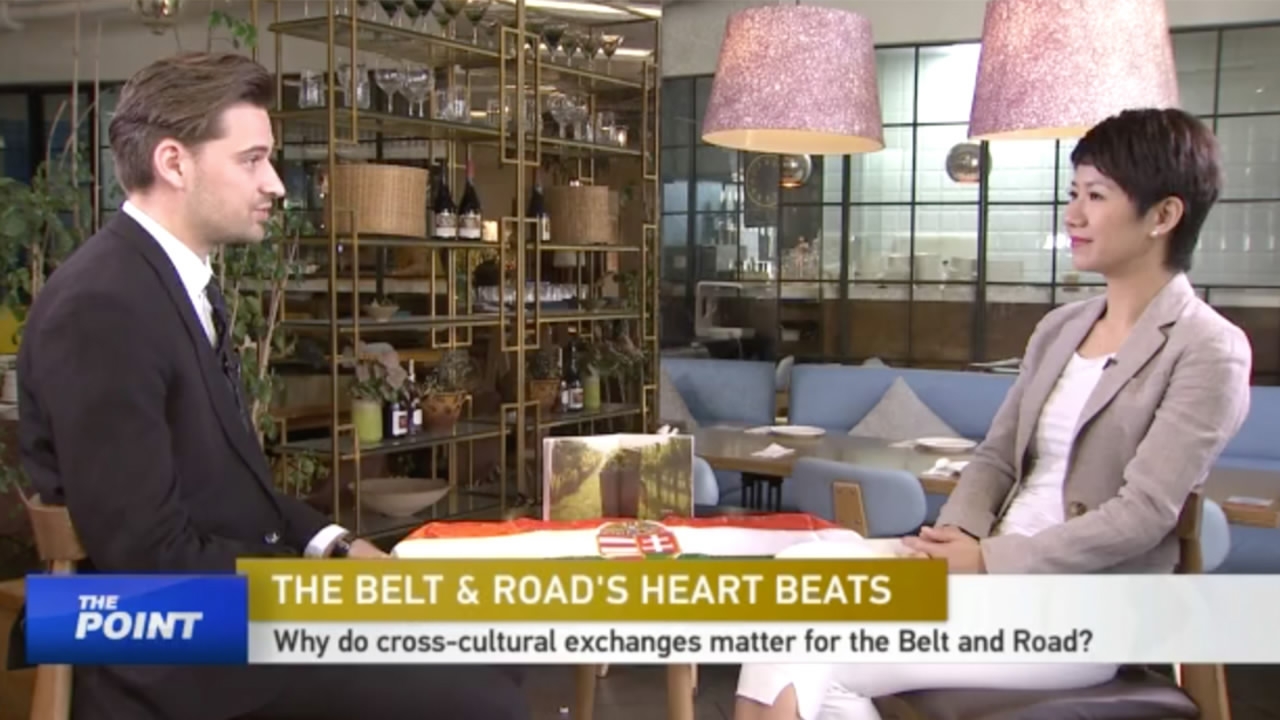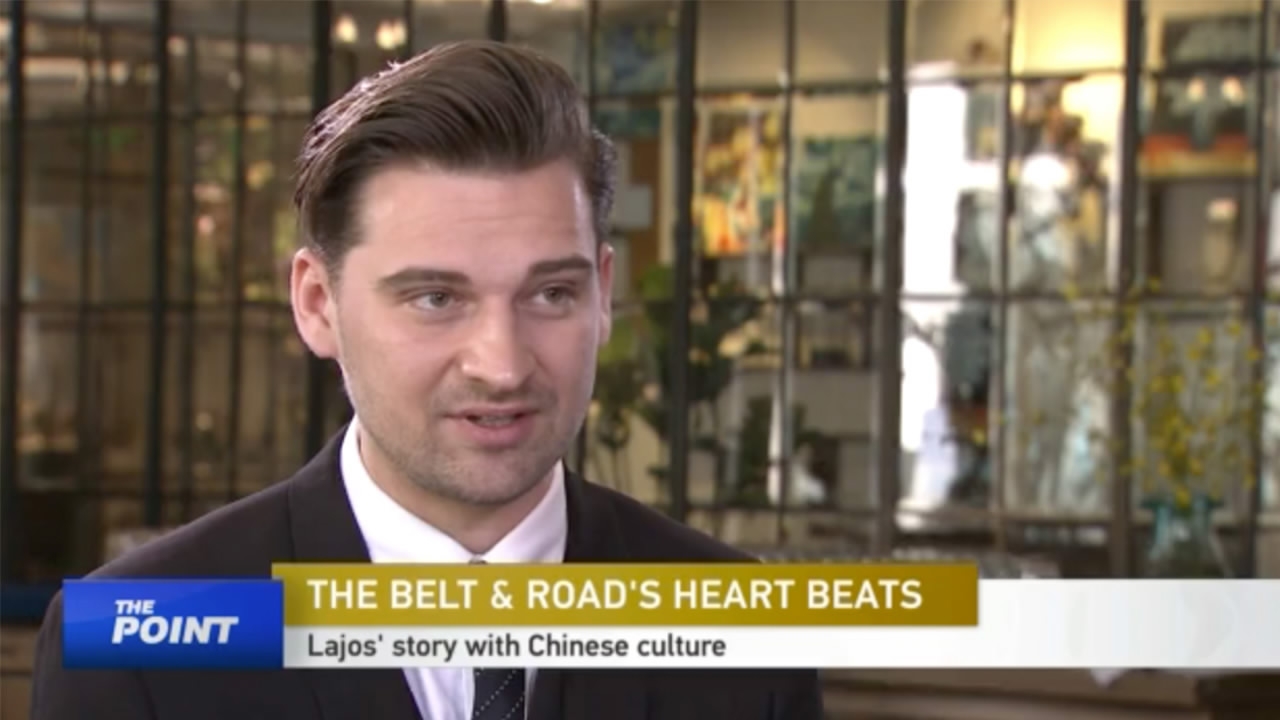
Business
14:44, 09-May-2017
Hungarian entrepreneur: Culture matters on the Belt and Road

By CGTN's Landi Sun
Lajos Palasti is from Hungary. He views the Belt and Road Initiative as a great opportunity for cultures to connect with one another. By introducing Hungarian wine tourism and classical music to China, Lajos believes he is bringing the two countries closer together.
Having performed twice at CCTV's Spring Festival Gala, Lajos considers himself a big fan of Chinese culture. And inspired by the "very beauty of cultural exchanges," he started a consulting company in 2015 to familiarize Hungarian and Chinese companies with each other's markets.
He named his company "New Silk Road Services." During an interview with CGTN's Liu Xin (@thepointwithlx), he explained that he has deep trust in the Belt and Road Initiative, and that is why he named his company after it.

Lajos said that the Belt and Road Initiative is not only about trade and infrastructure, but also involves cultural communications and people-to-people exchanges.
People living in both countries may not have the opportunity to travel far away and, Lajos said, his goal was to deliver culture from another country in an acceptable form to stimulate mutual understanding by combining cultural elements. "It is the best way to deliver something new," he said.

During the process of finding cultural similarities, he also encountered many challenges. Lajos gave examples of how people from the two countries differ in a multitude of ways, for example in their eating customs and art appreciation. But he also emphasized that the best way to overcome differences was to enhance communication and bring people closer.
Hungary, as he mentioned, can serve as a bridge in Sino-European cooperation given its geographical advantages; and the Belt and Road Initiative helps in closing the gaps between China and Central and East European countries.

SITEMAP
Copyright © 2018 CGTN. Beijing ICP prepared NO.16065310-3
Copyright © 2018 CGTN. Beijing ICP prepared NO.16065310-3